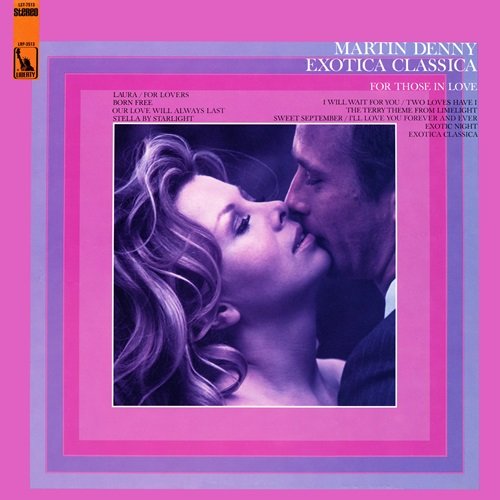Claudio Abbado, Natalia Gutman - Schumann: Cello Concerto Op. 129 / Brahms: Serenade No. 1 (2006)
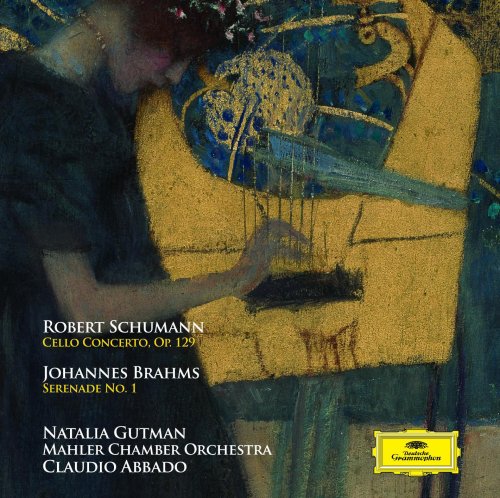
Artist: Claudio Abbado, Natalia Gutman
Title: Schumann: Cello Concerto Op. 129 / Brahms: Serenade No. 1
Year Of Release: 2006
Label: Universal Music Italia
Genre: Classical
Quality: FLAC (tracks) / MP3 320 Kbps
Total Time: 01:13:17
Total Size: 361 mb / 186 mb
WebSite: Album Preview
Tracklist: Title: Schumann: Cello Concerto Op. 129 / Brahms: Serenade No. 1
Year Of Release: 2006
Label: Universal Music Italia
Genre: Classical
Quality: FLAC (tracks) / MP3 320 Kbps
Total Time: 01:13:17
Total Size: 361 mb / 186 mb
WebSite: Album Preview
Robert Schumann / Cello Concerto In A Minor, Op. 129
1 – 1. Nicht Zu Schnell 12:12
2 – 2. Langsam 4:08
3 – 3. Sehr Lebhaft 8:10
Johannes Brahms / Serenade N. 1 In D, Op. 11
4 – 1. Allegro Molto 13:46
5 – 2. Scherzo 8:47
6 – 3. Adagio Non Troppo 12:40
7 – 4. Menuetto 3:57
8 – 5. Scherzo: Allegro 2:57
9 – 6. Rondo: Allegro 6:09
Performers:
Natalia Gutman (cello)
Mahler Chamber Orchestra
Conductor – Claudio Abbado
Natalia Gutman, although not well known in America, has a distinguished preforming career in Russia and Europe; she used to perform in chamber music with no less than Sviatoslav Richter. Compared to that fiery improvisatory genius, her pairing with Abbado is rather mild but quite self-assured. Gutman doesn't attack the Schumann Cello Concerto with the impassioned fervor of du Pre or Rostropovich. Instead, she uses a steady, full, sweet tone that emphasizes singing and phrasing. One feels drawn into the inward aspect of the cello, its capacity for reflection. (The short slow movement is mesmerizing and touchingly personal.) On those terms, this is quite a masterful performance. DG has caught both soloist and orchestra (reduced to chamber size) in excellent sound.
Abbado made a recording of the youthful Brahms Serenade #1 when he himself was young. My high expectations were a bit dashed by that reading, particularly because of the wiry, thin sonoics. This new version begins much less bumptiously than versions I love from Stokowski (newly reissued on DG) and Haitink (an early Concertgebouw recording on Philips). What Abbado has on his side is fine ensemble playing from the young Mahler Chamber Orchestra and the caramel tones they produce. Every phrase receives its due with loving affection; tempos are relaxed, and the mood is that of a summer evening on the grass.
Because this is a work of symphonic length, I wish Abbado had provided more dramatic contrast, but there's no arguing with his style and assurance. All told, however, I'd place this new recording ahead of versions one sees recommended from Boult, Tilson Thomas, and Slatkin.
Abbado made a recording of the youthful Brahms Serenade #1 when he himself was young. My high expectations were a bit dashed by that reading, particularly because of the wiry, thin sonoics. This new version begins much less bumptiously than versions I love from Stokowski (newly reissued on DG) and Haitink (an early Concertgebouw recording on Philips). What Abbado has on his side is fine ensemble playing from the young Mahler Chamber Orchestra and the caramel tones they produce. Every phrase receives its due with loving affection; tempos are relaxed, and the mood is that of a summer evening on the grass.
Because this is a work of symphonic length, I wish Abbado had provided more dramatic contrast, but there's no arguing with his style and assurance. All told, however, I'd place this new recording ahead of versions one sees recommended from Boult, Tilson Thomas, and Slatkin.
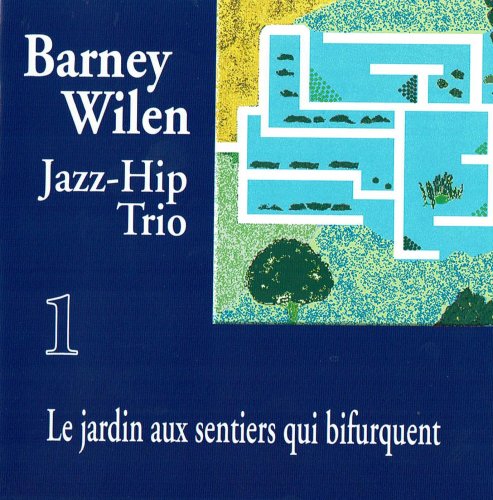
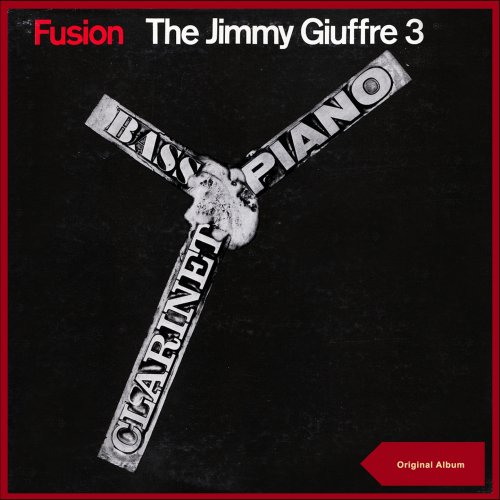

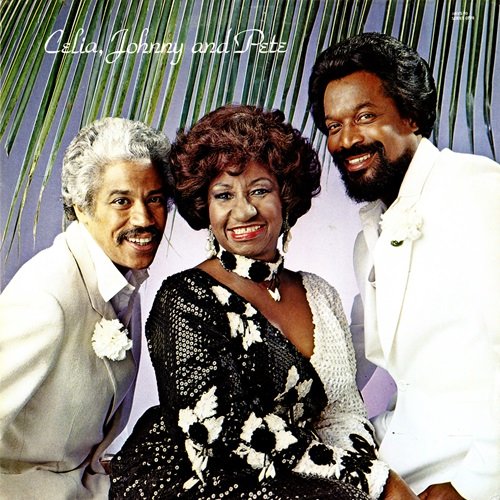
![Joshua White - Flora and Fauna: 9 Preludes for Solo Piano (2025) [Hi-Res] Joshua White - Flora and Fauna: 9 Preludes for Solo Piano (2025) [Hi-Res]](https://img.israbox.com/img/2025-12/19/1w90raxdb6ohgwszk3wk3pfts.jpg)
![Steinar Raknes Quartet - Live in Tokyo (2013) [Hi-Res] Steinar Raknes Quartet - Live in Tokyo (2013) [Hi-Res]](https://www.dibpic.com/uploads/posts/2025-12/1766420385_steinar-raknes-quartet-live-in-tokyo-2013.jpg)

![Paul Mauriat - Mamy Blue (1971) [Hi-Res] Paul Mauriat - Mamy Blue (1971) [Hi-Res]](https://www.dibpic.com/uploads/posts/2025-12/1766140814_nqjtxk40yc4oi_600.jpg)
